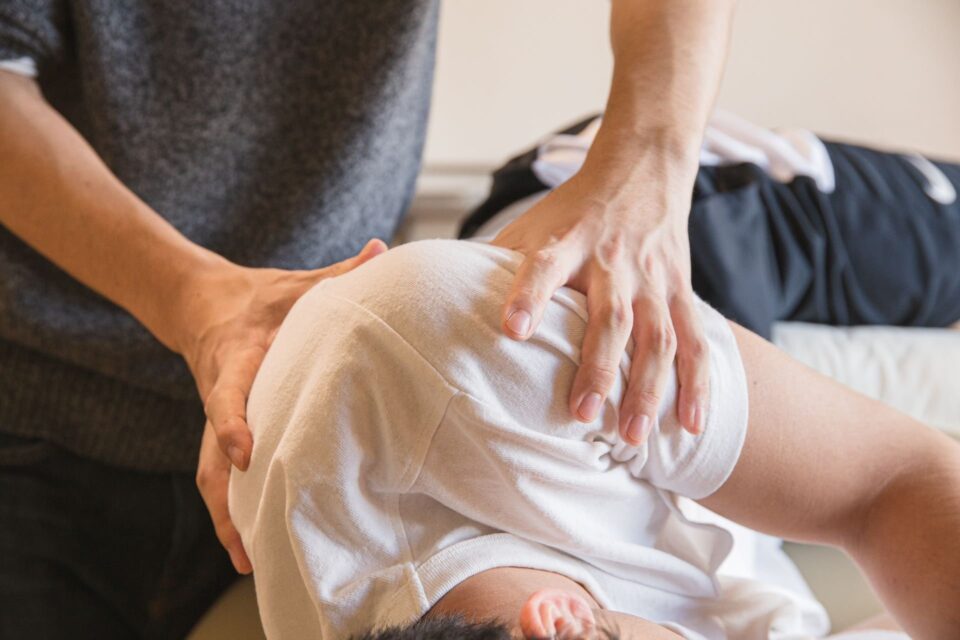Post-surgical recovery can be a challenging and prolonged process, characterized by pain, inflammation, restricted mobility, and psychological stress. While conventional medical interventions play a crucial role in managing these symptoms, complementary therapies such as massage therapy have gained recognition for their potential to enhance recovery outcomes. 건마 massage, with its gentle yet effective techniques, holds promise as a complementary therapy for post-surgical patients. This study seeks to explore the therapeutic benefits of Gunma massage in aiding the recovery process after certain surgical procedures.
Understanding Gunma Massage:
Gunma massage, originating from Japan, is a form of therapeutic massage that focuses on applying gentle pressure to specific acupressure points along the body’s meridians. This technique aims to restore the balance of qi (energy) flow, promote relaxation, and alleviate various physical and psychological ailments. Unlike deep tissue massage, Gunma massage employs lighter pressure and rhythmic strokes, making it suitable for patients recovering from surgery.
Potential Benefits for Post-Surgical Recovery:
Pain Management: Gunma massage has been shown to stimulate the release of endorphins and serotonin, neurotransmitters that help alleviate pain and induce feelings of relaxation and well-being. By targeting specific acupressure points associated with pain relief, Gunma massage may offer effective pain management for post-surgical patients.
Inflammation Reduction: The gentle pressure applied during Gunma massage can help improve lymphatic drainage and circulation, facilitating the removal of excess fluids and inflammatory cytokines from the surgical site. This may contribute to reduced swelling, inflammation, and edema, promoting a faster and smoother recovery process.
Scar Tissue Remodeling: Gunma massage techniques, such as gentle stretching and mobilization of tissues, may help prevent the formation of adhesions and promote the remodeling of scar tissue. By enhancing tissue flexibility and mobility, Gunma massage may minimize post-surgical complications such as stiffness and restricted range of motion.
Stress Reduction and Mental Well-being: Post-surgical recovery can be emotionally challenging for patients, leading to anxiety, depression, and sleep disturbances. Gunma massage’s calming and soothing effects may help alleviate psychological distress, promote relaxation, and improve overall mental well-being during the recovery period.
Clinical Evidence and Patient Testimonials:
While limited clinical research specifically examines the effects of Gunma massage on post-surgical recovery, anecdotal evidence and patient testimonials suggest promising outcomes:
Patient Testimonial: patient recovering from abdominal surgery reported feeling more relaxed, experiencing less pain, and achieving faster wound healing following regular Gunma massage sessions as part of their rehabilitation program.
Observational Study: An observational study of post-mastectomy patients receiving Gunma massage therapy demonstrated improvements in lymphatic drainage, reduced scar tissue adhesions, and enhanced emotional well-being compared to historical controls.
Conclusion:
건마 massage shows promise as a complementary therapy for aiding the recovery process after certain surgical procedures. By targeting pain, inflammation, scar tissue, and psychological distress, Gunma massage may offer holistic support for post-surgical patients, promoting faster healing and improved quality of life. Further research, including randomized controlled trials and longitudinal studies, is warranted to validate these findings and optimize the integration of Gunma massage into post-surgical care protocols. As part of a multidisciplinary approach to patient care, Gunma massage has the potential to enhance recovery outcomes and contribute to the overall well-being of surgical patients.

